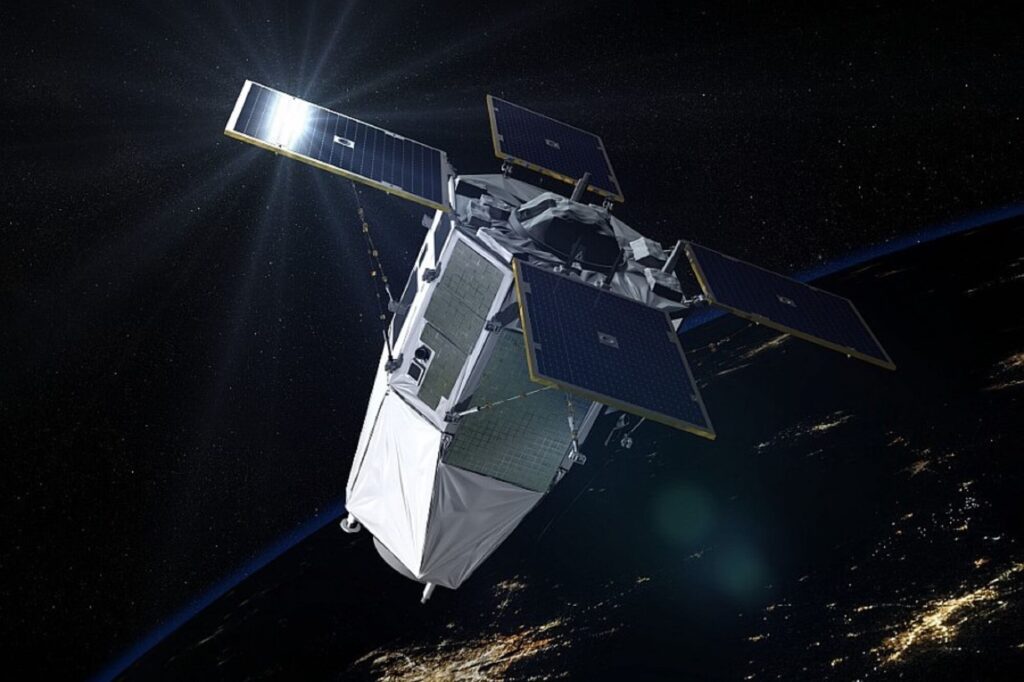The French Space Command (CDE), created in 2019, launched its first military space exercise, called ASTERX. The name is a reference to the first French satellite to have been put into orbit in November 1965, and a nod to the famous Gaul warrior Astérix depicted in comics. Organized from March 8 to 12, 2021, it is a “first for the French armies and even the first in Europe,” according to General Michel Friedling, commander of the CDE. The newly-created US Space Force and the German Space Situational Awareness Centre are also participating in this exercise.
To understand the future needs of the CDE, the exercise aims to assess France’s current capacity to protect its space assets and to monitor an increasingly militarized space. To do so, a series of scenarios were created in which a country with space capabilities would attack another country under French protection. Among the situations studied is the monitoring of a planned re-entry of a space object into the atmosphere, anti-satellite weapon fire, or a satellite being approached for espionage.
Reinforcing the presence of France in space
The French Space Command was created on July 13, 2019, to deal with two emerging threats. On the one hand, military and civil operations increasingly depend on space capabilities, while threats to their integrity also develop in parallel. On the other hand, France’s spatial industry and technological edge are being questioned by the recent development of the private sector ‒ the NewSpace.
France chose to dedicate nearly €5 billion by 2025 to the development of its spatial capacities. A new operational center is being built in Toulouse, bringing together its military satellite observation center (CMOS), and the center of military surveillance of space objects (COSMOS), unique in Europe, which constantly monitors over 10,000 space objects in orbit.
By the end of the decade, the French Ministry of Armed Forces hopes to develop new capacities, specifically in the realm of satellite protection. In 2017, the Ministry reported that the Russian “spy satellite” Luch-Olymp attempted to approach the Franco-Italian military satellite Athena-Fidus. To counter such threats, the CDE could acquire patrol satellites equipped with cameras and powerful lasers to keep overly curious spacecraft at bay. A demonstrator, called Yoda, should be launched by 2023.


